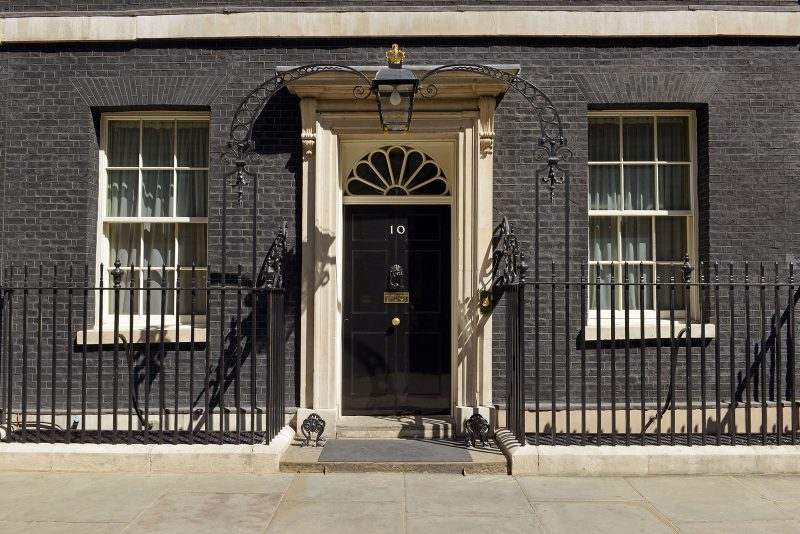
In little over one month’s time, the first Labour government for 14 years will unveil its Budget. Bearing in mind that the promise of change was a linchpin in Labour’s campaign, what can reasonably be anticipated? Moreover, what actions might you need to consider when reviewing your financial plans in the run up to 30 October?
Taxes and targets
The Prime Minister and Chancellor have given clear warnings that they will need to make tough decisions on the economy, and it seems reasonable to expect many of these to be revealed during the Budget.
Labour have long been reiterating their view that they have inherited an economic situation that is markedly worse than envisaged. This is already spurring difficult and divisive decisions. In a bid to help address what she calls the “black hole” in the public finances, Chancellor Rachel Reeves recently announced curbs on the winter fuel allowance – a move that will impact millions of pensioners.
However, Labour have pledged that there will be no increase in other key taxes for working people: National Insurance, VAT, and the basic, higher, and additional rates of Income Tax. Since the term ‘working people’ was left undefined and as the money said to be required to shore up the public finances will have to be found elsewhere, thoughts turn to potential targets – reducing spending and/or increasing taxes? We focus here on the latter but can see strong arguments for the former.
Do you have broad shoulders?
“There’s a budget coming in October and it’s going to be painful. We have no other choice given the situation that we’re in. So those with the broadest shoulders should bear the heavier burden.”
Strong phrasing about who should be shouldering financial burdens was used by Prime Minister Keir Starmer in his August speech concerning ‘fixing the foundations of our country’. It is strikingly similar to that employed by former Labour Leader, Ed Miliband, when he discussed tax rises for wealthy individuals in 2015.
Relative silence so far (with amounts currently raised in brackets) on Inheritance Tax (IHT – c.£7bn), Capital Gains Tax (CGT – c. £14bn), and Fuel Duty (c. £24bn) has led many to speculate that significant changes are due in these areas, especially as they could be candidates for an ‘easy win’ for a Chancellor keen to give the impression of improving the public finances. On the one hand, reforms here could (seemingly) simplify taxes by aligning CGT rates with Income Tax; on the other, they could be used to contribute to the ‘weight’ that the government might be looking to place on those with broad shoulders.
Pensions are widely considered to be another possible focus, despite the associated complications of tampering with the current rules; the Chanceller has previously suggested that she would like to make pensions tax “fairer” because it is currently “geared towards the highest earners”. Indeed, the possibility of introducing a 20% or 30% flat rate tax on pensions has been mooted in the media. If such a change were to be instituted, higher rate taxpayers (whose current pension tax relief rate is 40%) might in effect be ‘taxed twice’ since post-retirement withdrawals are also subject to Income Tax.
What actions should I take – if any?
Even if it appears that the Government is setting the scene for tax-related changes, it is vital to note that the contents of the upcoming Budget are only speculative at this stage. It is unclear which revisions and/or new measures will be introduced, let alone the timelines for their implementation. While it is important to note that any alterations that do occur may affect individuals in different ways, there are some general points that can be considered at this juncture:
- Give careful thought to bringing forward any sales, transfers, gifts, or other actions that you already have planned. It might be possible to take these actions ahead of 30 October 2024.
- Be wary of undertaking actions that have not already been factored into your financial plans – ‘pre-emptive’ moves, while wellintentioned, can lead to unintended consequences.
- As with any tax year, look to make full use of your current tax-free allowances (e.g. pensions contributions and ISAs) and any unused allowances from previous years that are eligible to be carried over.
We recommend that you speak to your Client Director regarding the areas where your finances could be affected and the steps that you might wish to take. We would be delighted to assist you and provide advice tailored to your individual circumstances.
Risk Warnings This document has been prepared based on our understanding of current UK law and HM Revenue and Customs practice, both of which may be the subject of change in the future. The opinions expressed herein are those of Cantab Asset Management Ltd and should not be construed as investment advice. Cantab Asset Management Ltd is authorised and regulated by the Financial Conduct Authority. As with all equity-based and bond-based investments, the value and the income therefrom can fall as well as rise and you may not get back all the money that you invested. The value of overseas securities will be influenced by the exchange rate used to convert these to sterling. Investments in stocks and shares should therefore be viewed as a medium to long-term investment. Past performance is not a guide to the future. It is important to note that in selecting ESG investments, a screening out process has taken place which eliminates many investments potentially providing good financial returns. By reducing the universe of possible investments, the investment performance of ESG portfolios might be less than that potentially produced by selecting from the larger unscreened universe.


